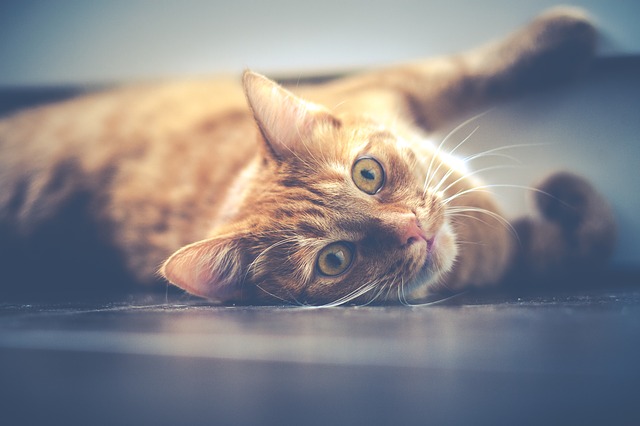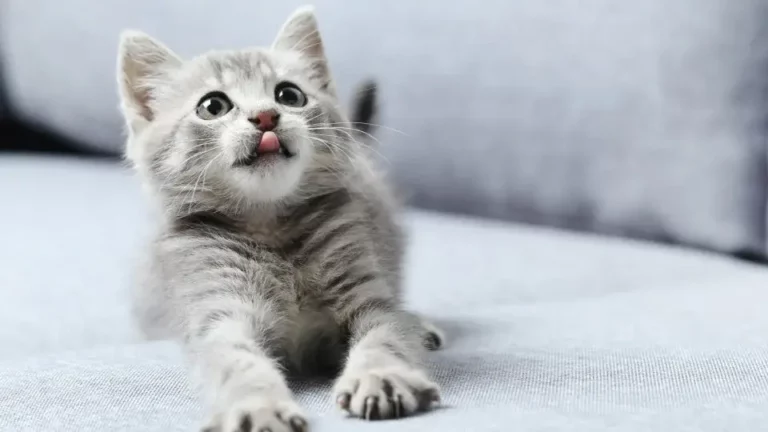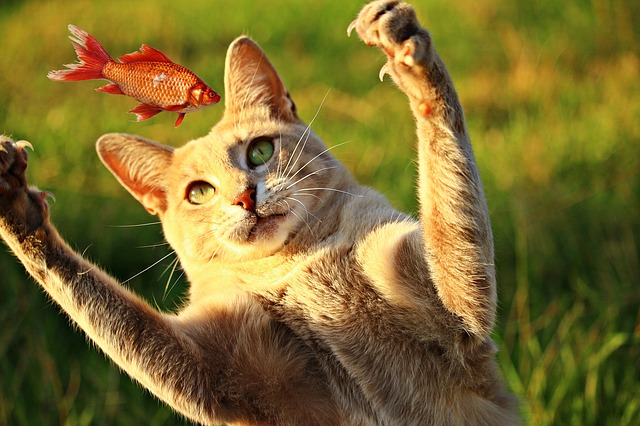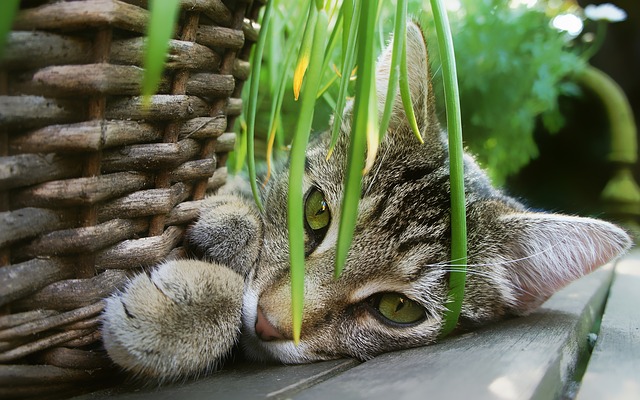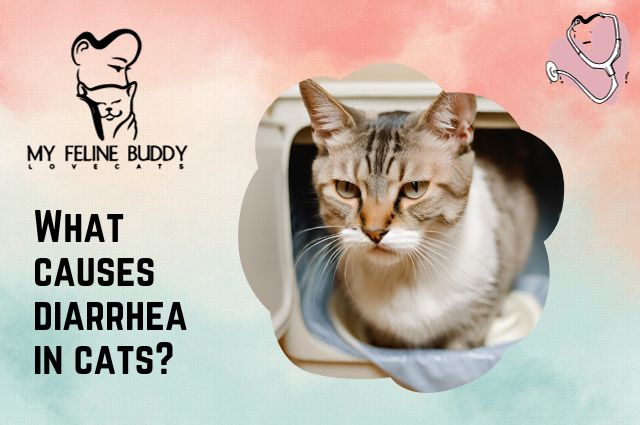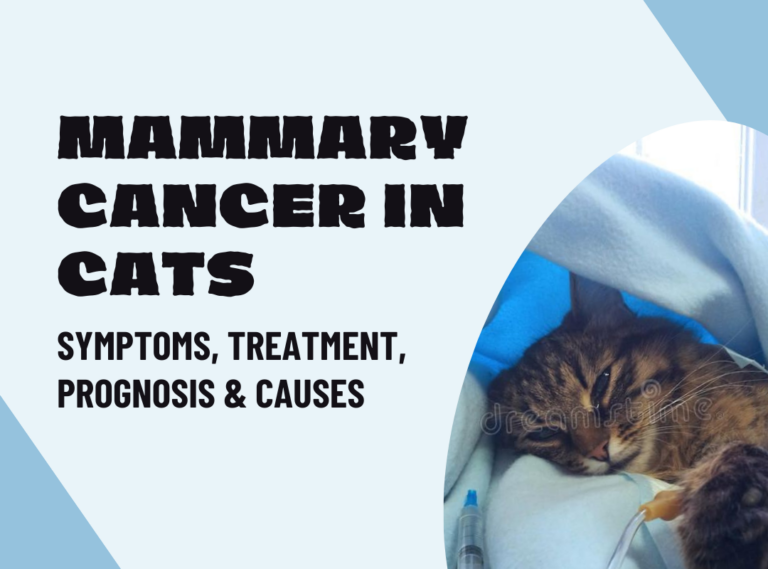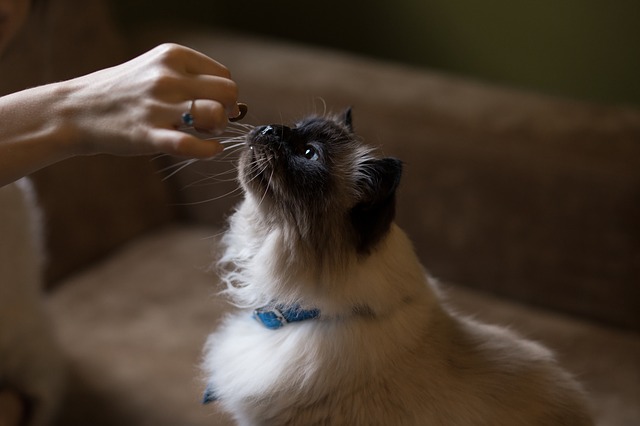Cat Anxiety – What Can You Do About It?
Stress (or anxiety) is something that affects a lot of people all over the globe in countless ways. However, this time we are going to shift our focus towards those that are often overlooked. We are referring to those little balls of fur that make your lives fluffier and happier with every shared moment.
Our cats can go through the ordeal consisting of stress and anxiety just as we have to suffer through them. You could say that they are having an even worse time since they can’t share what they are going through. But is it really the case? Give this article a thorough read and find out how you can spot
What is anxiety?
First and foremost, we have to make sure we really understand the problem at hand. According to the people posting on PetMD, anxiety consists of anticipating future dangers that spawn from imaginary or unknown origins which results in body reactions that are natural responses to fear.
The most common behaviors observed include urination, destruction and excessive crying. It seems that the type of anxiety encountered the most in our dear pets is represented by separation.
Let’s continue to see how we can tell if our
Warning signs
There are numerous symptoms to mention when we speak about anxiety in our cats. Allow us to go through some of them in order to keep you as up to date as possible with all the information you require to take care of your beloved ball of fur.
It is completely natural for cats to hide because some are more social while others are a little bit shy in nature. However, if you feel that your
Another warning sign you should be on the lookout for is extra aggression for no apparent reason. If you notice a sudden increase in your
As you can probably guess, what was once a well-behaved pussycat doesn’t turn berserk on you suddenly and repeatedly without something serious being the underlying cause. That is exactly why you should be paying extra attention to your pet and try to fix any problem that you might discover.
Entertain me, human!
Another root cause of anxiety is boredom. You read that right. Although boredom might be more associated with a feeling of laziness and relaxation, it can result in anxiety. That’s because this is an animal that craves attention and if you don’t ‘feed’ it to him or her, then your beloved belongings are going to pay for your mistakes.
LISTEN TO ME!
There is a trend in our popular culture stating that cats meow in order to communicate with their slaves/masters. If you notice that your ordinarily quiet feline companion starts to get your attention with what seems to be excessive meowing, you might be left guessing at what is it they’re trying to say. In fact, they might be sharing the fact that they are feeling a little bit down and gloomy.
A sudden increase in chattiness simply means that they have something to let you know and especially if you notice a kind of vocalization that seems to be quite troubled, it might just be a form of a distress call. When they do that, help them immediately!
Here’s what you can do to help
Perhaps you are reading this article because you already found out that your
Drugging your cat ?
In other words, you might be here to find some kind of
When our current society is still dealing with stuff like deciding on the usefulness for vaccines (don’t worry, we won’t take a side in a
What is extremely important to know (and this advice you should apply, human) is that you should always use medication only after and if it has been prescribed by a scholar of medicine, in this case, the veterinary type. So, even if the internet practically begs you to let it transform your
Improvise and innovate
Because humans worshiped cats for many centuries, it should be no surprise that we are constantly innovating our ways to make their lives better. The latest item from this collection comes in the form of a
This item will first increase the cuteness of your
The bottom line
Our dear
If you enjoyed this post, maybe you’d like to check out one of the first ones I ever published on the blog – several tips on how you can keep your cat off your furniture.Â
